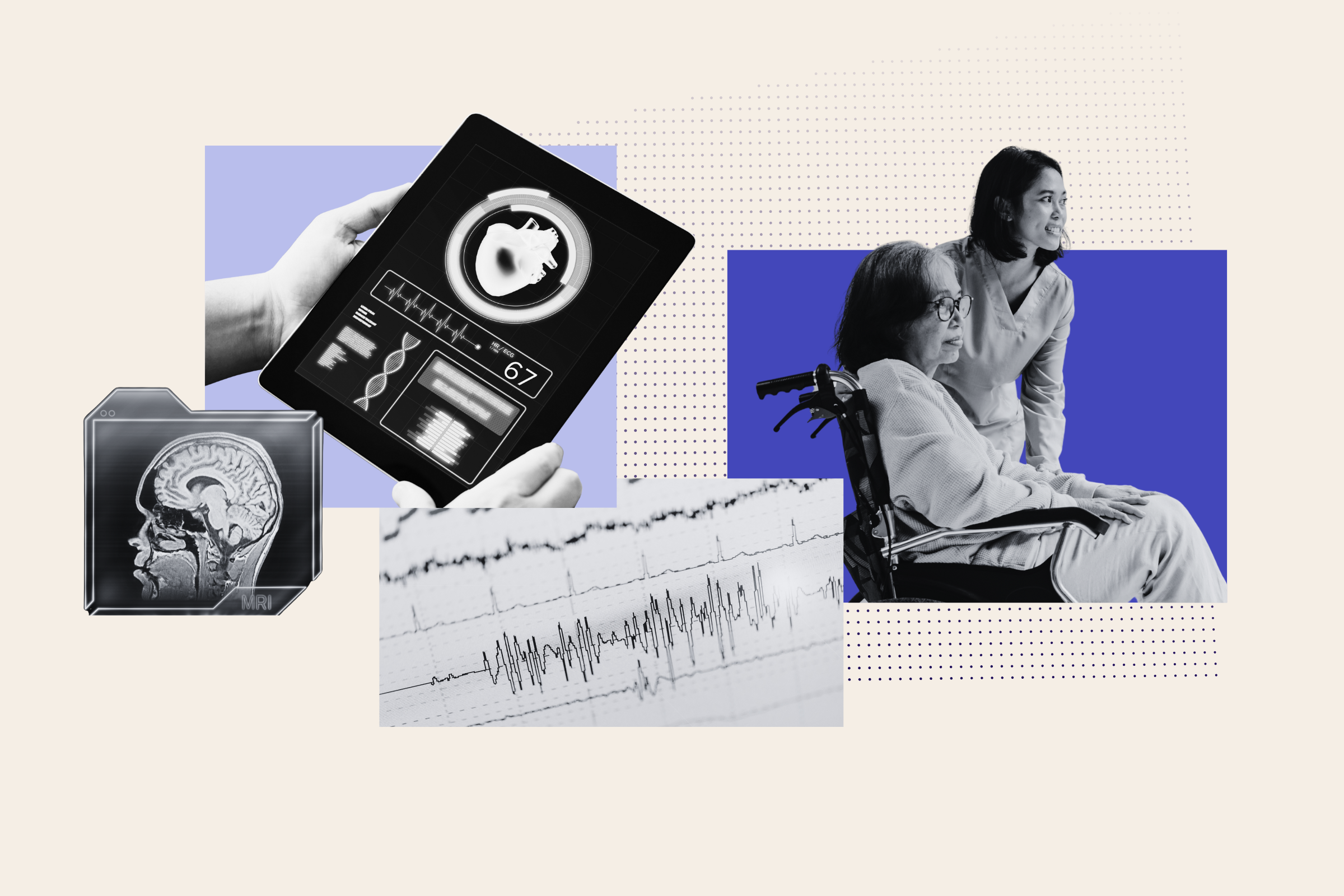South African Healthcare: Clinicians Stepping Up as AI Strategy Leaders

The rapid integration of Artificial Intelligence (AI) within South African healthcare systems is sparking a significant shift in responsibilities. Traditionally, AI implementation has been driven by IT departments, but a new trend is emerging: healthcare clinicians, particularly nurse and physician informatics officers, are taking the lead. This isn't just a minor adjustment; it represents a fundamental change in how AI is conceived, deployed, and ultimately, utilized to improve patient care.
Why the Shift Towards Clinician-Led AI?
The core reason for this evolution lies in the understanding that AI in healthcare isn't simply about algorithms and data. It's about translating complex data insights into actionable clinical decisions. IT professionals, while vital for the technical infrastructure, often lack the deep clinical understanding necessary to ensure AI solutions are practical, relevant, and safe for patients. Clinicians, on the other hand, possess this crucial knowledge. They understand the nuances of patient care, the challenges faced by healthcare providers, and the potential pitfalls of relying solely on automated systems.
Nurse and physician informatics officers are uniquely positioned to bridge this gap. They combine clinical expertise with a growing understanding of data science and AI principles. This allows them to effectively advocate for AI solutions that genuinely address clinical needs, ensuring that technology complements, rather than replaces, human judgment.
The Growing Demand for 'AI Quarterbacks'
As a result of their pivotal role, these clinicians are becoming increasingly sought after – often referred to as the 'AI Quarterbacks' of healthcare organizations. Healthcare institutions are recognizing the value of having individuals who can not only understand the technical capabilities of AI but also translate them into tangible improvements in patient outcomes, operational efficiency, and overall healthcare delivery.
Impact on South African Healthcare
The rise of clinician-led AI strategy has significant implications for South Africa's healthcare landscape. Our country faces unique challenges, including resource constraints, geographical barriers, and a high burden of disease. AI, when implemented strategically and with clinical input, has the potential to address these challenges head-on:
- Improved Diagnostics: AI-powered tools can assist in early and accurate diagnosis of diseases like HIV, TB, and diabetes, leading to more timely interventions.
- Personalized Treatment Plans: AI can analyze patient data to develop tailored treatment plans, optimizing outcomes and minimizing side effects.
- Enhanced Efficiency: AI can automate administrative tasks, freeing up healthcare professionals to focus on patient care.
- Remote Patient Monitoring: AI-powered devices can remotely monitor patients' vital signs, allowing for proactive interventions and reducing the need for hospital readmissions.
Challenges and Considerations
While the trend is promising, several challenges need to be addressed. These include:
- Training and Upskilling: Investing in training programs to equip clinicians with the necessary AI and data science skills is crucial.
- Data Privacy and Security: Robust data governance frameworks are essential to protect patient privacy and ensure data security.
- Ethical Considerations: Careful consideration must be given to the ethical implications of AI in healthcare, ensuring fairness, transparency, and accountability.
The Future of AI in South African Healthcare
The increasing involvement of clinicians in AI strategy is a positive development for South African healthcare. By harnessing the power of AI with clinical expertise, we can create a more efficient, equitable, and patient-centered healthcare system. The 'AI Quarterbacks' are leading the charge, and their contributions will be instrumental in shaping the future of healthcare in our nation. Continued investment in training, ethical guidelines, and robust data governance will be key to unlocking the full potential of AI for the benefit of all South Africans.






